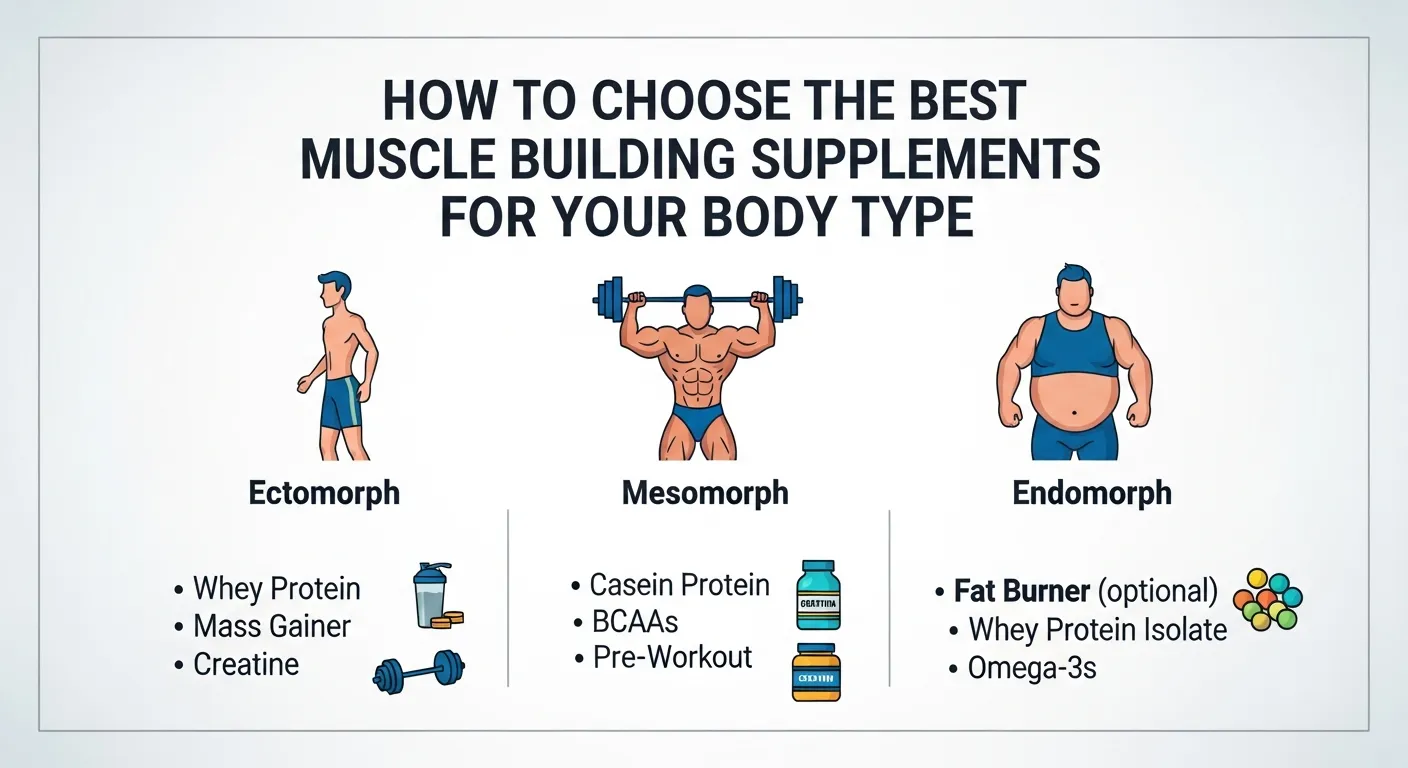
Craving tasty recipes, looking for healthy eating tips, or searching for easy meals you can whip up at home? Welcome to the Food section of The Fit Scene — your yummy corner for everyday cooking inspiration, balanced eating ideas, and flavourful dishes that fit perfectly into Indian lifestyles.
In this category, we bring you everything from quick breakfast options and healthy lunch ideas to comfort foods, festive treats, and smart snacking tips. You’ll find easy recipes for busy days, high-protein meals, vegetarian and non-veg options, kids’ tiffin ideas, weight-loss friendly dishes, meal-prep guides, and simple, wholesome recipes made with ingredients that are already in your kitchen. We also share nutrition insights, seasonal food recommendations, immunity-boosting ingredients, and guilt-free alternatives for your favourite indulgent foods.
Expect content that feels practical, drool-worthy, and totally doable — whether you love traditional Indian flavours, modern fusion dishes, or healthy-but-tasty meals. From beginner-friendly recipes and budget-friendly cooking ideas to festive favourites, ingredient breakdowns, and smart grocery tips, everything is written in easy, conversational Indianized English that makes cooking feel fun and stress-free.
This section is perfect for home cooks, fitness lovers, beginners learning to cook, parents planning family meals, or anyone who simply enjoys good food without complicated steps. Our goal is to help you eat well, enjoy what you cook, and still maintain a balanced lifestyle.
Ready to spice up your meals? Explore our latest recipes, discover healthy eating tips, and check out the top food guides for 2026 — all here on The Fit Scene!


















